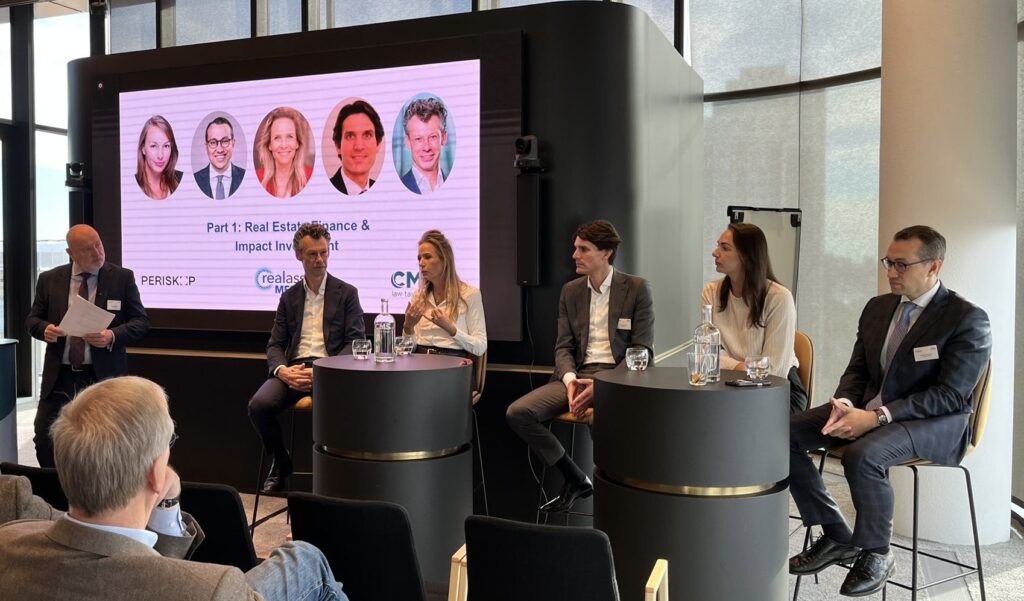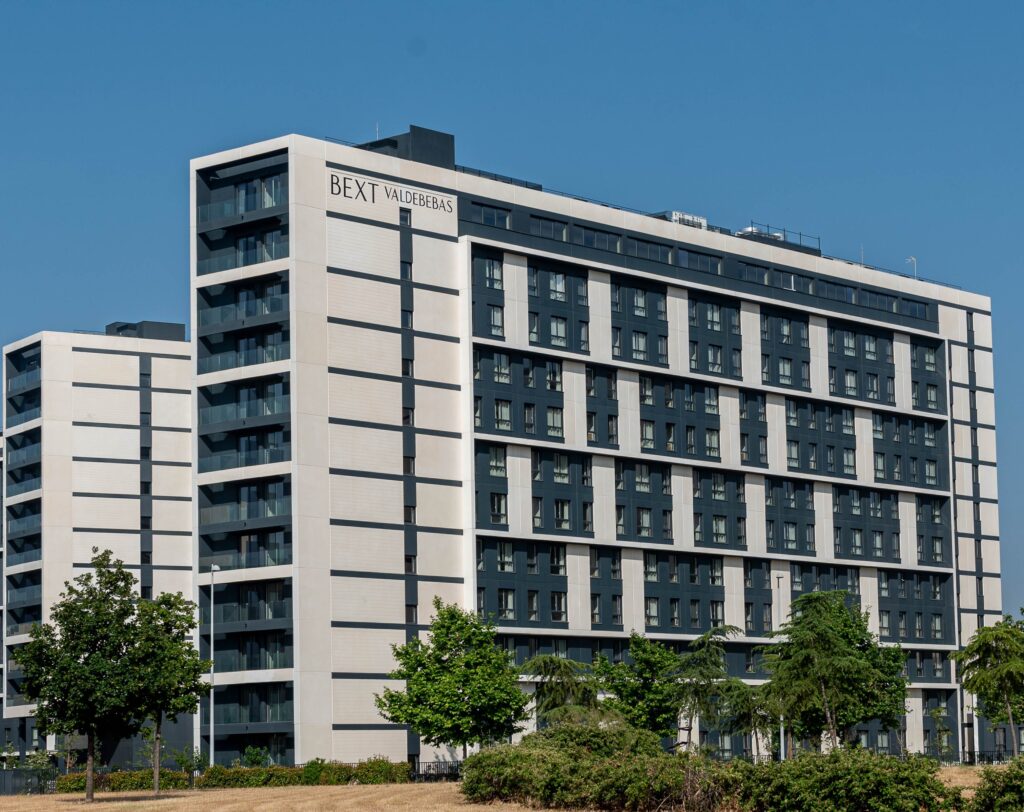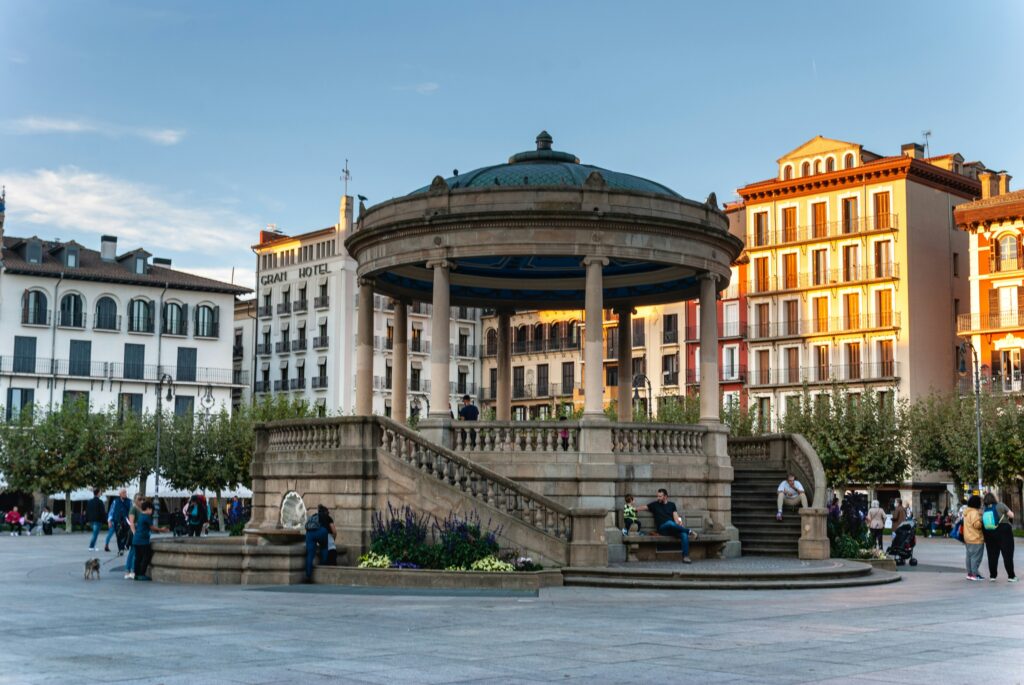Netherlands Outlook: ESG a prerequisite to get financing
Financing is available provided ESG is part of the business plan, experts agreed at the European Investment Outlook: Netherlands briefing, organised by Real Asset Media, which took place on Thursday at the offices of CMS in Amsterdam.

“Banks are more than willing to support your business plan if you take care of ESG aspects”, said Dennis de Laat, Head of Real Estate Finance Benelux, Berlin Hyp. “We are committed to providing loans to improve ESG credentials, but there needs to be a plan in place to upgrade the asset.”
It is difficult to get financing for development of commercial real estate assets, which are seen as risky, especially if they are speculative projects with no guaranteed cash flow. But plans to upgrade existing assets to make them more sustainable will find favour with banks.
“ESG is a prerequisite”, said Ludovic Beukers, Partner, Capital & Debt Advisory, EY Parthenon. “You need to fulfil the criteria or you will not get financing. You could turn to alternative lenders, but it will be more expensive.”
It is important to be aware of the reporting obligations that come with green loans.
“Lenders are keen to provide sustainability-linked green loans, which is very helpful, but it comes with a lot of reporting obligations which can be quite burdensome”, said Jenny Noordermeer, Lawyer, Banking & Finance, CMS Netherlands. “It’s important to collect all the data and provide all the information required and negotiations with the lenders are important. It is something to keep in mind when seeking to obtain green financing.”
Inability to meet the requirements has to be reported in the annual accounts and that could harm a company’s reputation.
Providing proof of ESG compliance is not just a way of obtaining finance but also guarantees an exit strategy, said Alexander Fröse, Founder & Managing Partner, Periskop Living: “We’ve created a score card and do ESG due diligence on every asset, providing detailed reports. Investors like the clarity and we have exit liquidity.”
There is also a shift from just focusing on the E, the environmental aspects of the project, to the S and the G, the social and governance parts.
“Our valuations teams price in the positive aspects of ESG, as it has become more valuable and the product is more liquid”, said Annelou de Groot, CEO Cushman & Wakefield Netherlands. “It is still E-driven, the social aspect is more complicated but we must focus our efforts. The real estate sector must improve its image and become more diverse, and this will help capital flows and allow us to have more impact.”
Local authorities in the Netherlands are already requiring more ‘impact’ as a condition for giving permits, such as investing in other assets like a school or a park. “I see it as a positive trend”, said de Groot. “It is about investing in the neighbourhood, which will improve your building as well.”



